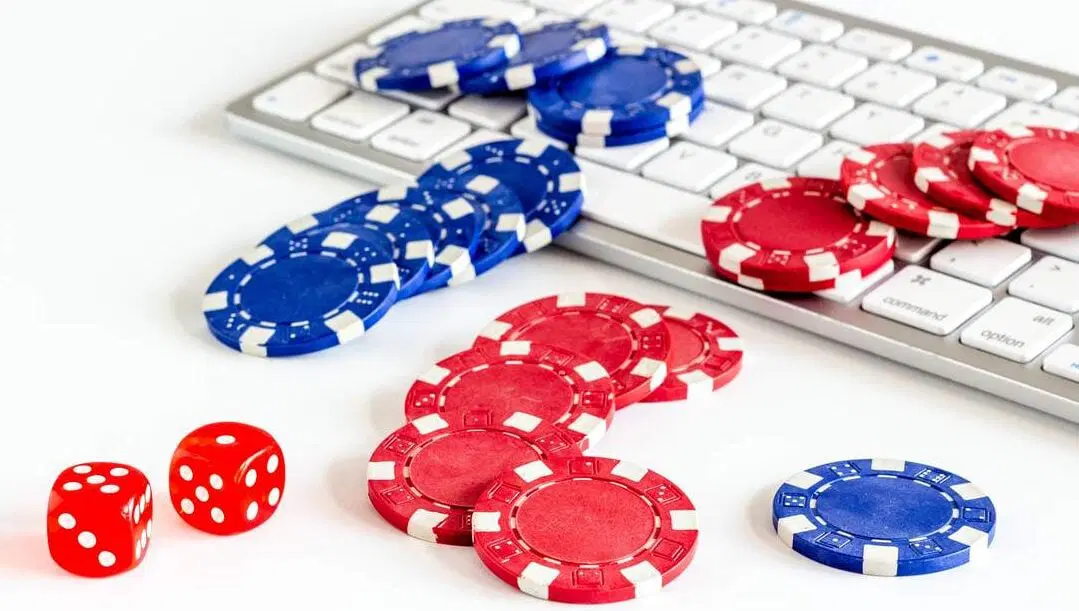
Understanding Casino Odds and Probability
December 4, 2023Understanding casino odds and probability are integral to gambling, helping players make informed decisions that lead to more money over time. They also assist professional gamblers with effectively managing their bankrolls.
Odds vary for each game and may be expressed both fractionally and decimally, yet all odds ultimately boil down to probability.
Game rules
If you are considering playing casino games, select those with optimal odds to increase your winning chances and reduce any mathematical issues that might hinder you from succeeding. However, understanding how these odds operate in order to take full advantage of them.
Gambling odds can be defined as the ratio between the probability that a player will win and lose. While many use “odds” and “probability” interchangeably, they do not mean the same thing.
To accurately estimate the probability of any given event, it’s essential to have an understanding of a game’s rules. For instance, with regards to coin tosses there are only two outcomes (heads or tails) and thus 1 chance in 2 of winning is considered probability of coin toss. Furthermore, when betting on coins your payout should always equal your stake; this is known as house edge; although not always applicable when dealing with casino games.
Payouts
Odds play an essential part in casino gaming, and are expressed as ratios between two numbers that can either be written in decimal or fraction form – this differs from probabilities which are usually expressed as percentages.
Understanding the odds of casino games is essential for all players, as this helps them understand how house edge and payout structures impact gameplay. Once aware of these details, players can make more informed decisions regarding which games they choose and their desired risk level.
However, it’s essential to remember that luck plays an integral role in casino gaming. By understanding probability better, your odds of success increase; but if you lose focus and lose focus on remaining levelheaded you could easily fall prey to gambler’s fallacy; an error characterized by thinking there is more chance of winning than losing.
House edge
House edge is one of the primary ways that casinos make money, whether online or at land-based casinos. This percentage represents how much an expected profit a casino would see over time from all bets placed on its games using perfect strategy by all its customers. This figure may differ depending on which game or session is played – even within just an individual session!
As house edges drop, your chances of winning increase, although this doesn’t guarantee success every time. Keep in mind that house edges are calculated using mathematical averages over a large sample size and may be affected by variables such as how often and how much you gamble; they could also depend on variables like bankroll. To maximize profits while gambling responsibly, try playing games with lower house edges such as baccarat or video poker while for fast-paced action roulette might be your ideal pick.
Variations
Casino odds vary based on the number of outcomes possible in any given casino game, for instance when tossing coins. With just two outcomes (heads or tails), coin toss odds are one in two – this ratio allows a player to accurately calculate his or her odds of both winning and losing in bets placed with that casino.
Odds and probabilities can often be used interchangeably when discussing gambling, however this is incorrect. Odds represent the ratio of winning to losing outcomes and can be presented in various forms (including percentages). Probabilities represent a percentage of all possible outcomes and their presentation can also differ considerably.
Understanding the odds of casino games is essential to responsible gambling, enabling you to make informed decisions and craft betting strategies that increase your odds of long-term victory. Furthermore, understanding this aspect allows you to avoid costly errors like overestimating wins or underestimating losses.






